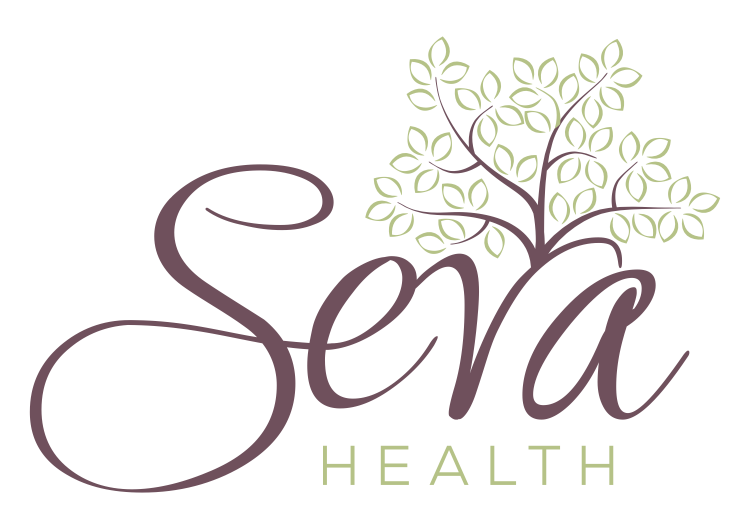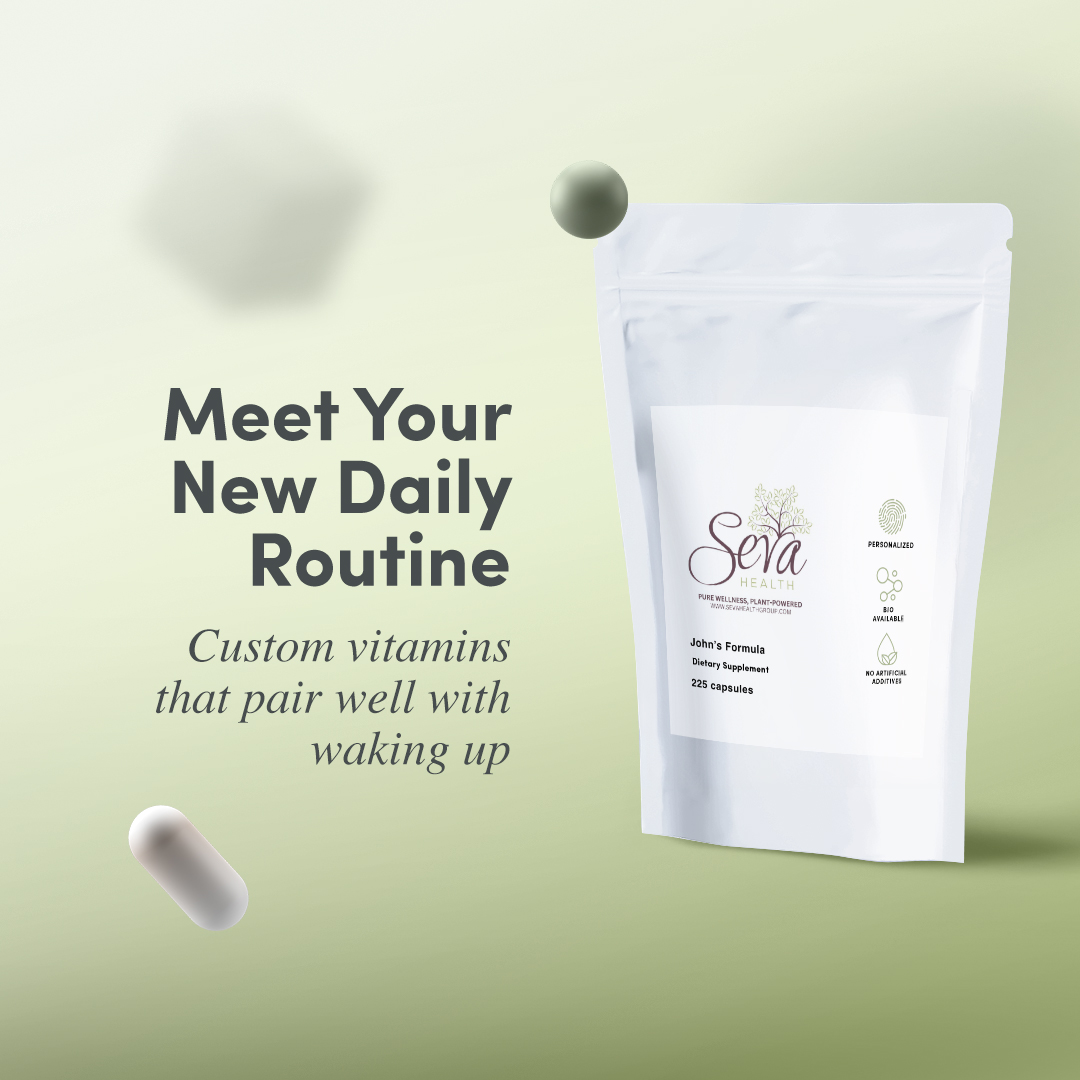
20 May Don’t Be in the Dark! This is the Sunshine Hormone You Might Be Missing
From infancy to older age, vitamin D plays an important role in nearly every stage of life and yet, many of us are still running low.
Vitamin D isn’t just a “bone vitamin.” It acts more like a hormone in your body, influencing everything from your mood and immune system to your muscles, brain, skin, and even your ability to fight off chronic disease. And yet, millions of people (especially women!) are walking around with low or barely-there levels, not realizing that some of their most nagging health issues might be linked to a simple deficiency.
Once you hit your 40s, your body changes. Hormones shift, muscle mass starts to decline, bone density begins to dip, and your immune system may not bounce back like it used to. Here’s where vitamin D comes in:
Stronger Bones & Muscles
Women are at higher risk of osteoporosis after menopause because of the natural drop in estrogen. Vitamin D helps your body absorb calcium and keep that precious bone density from slipping away. It also supports muscle strength, which helps reduce the risk of falls and fractures as we age.
Better Mood and Brain Health
Feeling off emotionally? A little low or foggy? Research shows that low vitamin D levels are tied to a higher risk of depression, especially in older adults and women. It may help support mental clarity, emotional balance, and even protect your brain from age-related decline.
Heart Health
Studies suggest that people with low vitamin D are more likely to struggle with high blood pressure and heart disease. For women over 45, heart health becomes a priority and vitamin D plays a quiet but crucial role.
Immune Support
From colds to chronic conditions, your immune system leans on vitamin D to function properly. During the pandemic, higher D levels were linked to less severe COVID symptoms and lower ICU admissions. It doesn’t prevent everything, but it gives your body a stronger foundation to fight back.
Cancer Protection
Some research shows that people with healthy vitamin D levels have lower risks of certain cancers, including breast and colon cancer—two big concerns for women over 50.
Hormone & Metabolism Support
Vitamin D has been linked to better blood sugar control, lower inflammation, and even healthier levels of sex hormones like testosterone. It also may support thyroid function and reduce the risk of autoimmune diseases that become more common with age.
Are You Getting Enough? Probably Not.
Most people aren’t. And it’s not your fault.
Even if you eat well, take a multivitamin, or get out in the sun occasionally, there’s a good chance your levels are still too low to feel the real benefits.
That’s because:
- We spend more time indoors.
- Sunscreen (while important!) blocks vitamin D production.
- Food sources alone rarely provide enough.
- Our ability to convert vitamin D slows as we age.
- Hormonal changes in women can affect how it’s used in the body.
What Low Vitamin D Can Look Like
It doesn’t always scream “deficiency”. Sometimes there are vague symptoms like:
- Constant tiredness, even after a good night’s sleep
- Muscle or joint aches
- Back pain
- Frequent colds or infections
- Mood swings or the blues
- Slow-healing cuts or bruises
- Thinning hair
- Brain fog
If any of that sounds familiar, it’s worth checking your levels. A simple blood test can tell you where you stand.
How Much Is Enough?
Let’s keep it simple:
- Below 30 ng/mL? That’s considered too low.
- 30–50 ng/mL? Better, but still not ideal.
- 50–75 ng/mL? That’s the sweet spot for most people.
- Above 100 ng/mL? That’s too high and could be harmful. More isn’t always better!
How to Get More Vitamin D Without Overthinking It
Get Outside
Your skin makes vitamin D when it’s exposed to sunlight, no supplements needed. Just 15–20 minutes of sun on your arms and legs a few times a week (without sunscreen) can give your body a big boost. Darker skin tones may need a bit more time in the sun to get the same benefit.
Eat the Right Foods
Add more D-rich foods into your diet:
- Fatty fish (like salmon or mackerel)
- Egg yolks
- Cheese
- Beef liver (if you’re into that!)
- Fortified foods (like milk or plant-based alternatives)
Consider a Supplement
If you live in a colder climate, work indoors, or just don’t get much sun, a vitamin D3 supplement can make a big difference.
- Look for D3, not D2—it’s more effective.
- Take it with a meal that has some fat—D is fat-soluble and needs fat to be absorbed properly.
- Start small (1,000–2,000 IU daily) unless your doctor recommends more.
- Recheck your levels after a few weeks to see if it’s working.
And If You’re Doing Everything Right… But Still Low?
Sometimes it’s not just about what you take; it’s about how your body absorbs it. If your levels stay low despite supplementation, it might be worth checking for:
- Malabsorption issues (look for signs like greasy stools)
- Genetic factors that affect how your body processes vitamin D
- Other health conditions that interfere with absorption
In some cases, adding lecithin or switching to an emulsified supplement can help.
Vitamin D isn’t trendy or flashy, but it’s a true wellness essential especially for women moving into their 40s, 50s, and beyond. It can help you feel more energetic, resilient, balanced, and strong from the inside out.
Don’t wait until something’s wrong to take it seriously. Know your number. Get the sunshine. Eat the eggs. Take the supplement if you need to.
Your bones, mood, and future self will thank you.
Could Low Vitamin D Be Draining Your Spark?
If your energy’s low, your mood is off, and you just don’t feel like yourself, vitamin D could be the missing piece.
You’re not lazy. You’re not making it up. And you’re definitely not alone.
Feeling flat or disconnected is often your body’s quiet way of asking for support. And one of the most overlooked culprits? Low vitamin D levels.
Let’s explore how something so simple can have such a deep impact and how to start feeling like you again.

Vitamin D does more than help with bones; it supports your mood, clarity, resilience, and yes, that spark that makes you feel vibrant and alive. When your levels are low, everything feels a little harder. But this isn’t just “aging.” It’s your body nudging you to check in and rebalance.

Daily choices like moving your body, eating nourishing foods, and getting a little sunshine help your body make and use vitamin D more effectively. That means better mood, steadier energy, fewer aches, and a greater sense of ease in your body.

Chronic fatigue, brain fog, and even emotional burnout are common signs of low vitamin D. And because it’s involved in so many systems such as: your immune function, your muscles, your mental clarity a deficiency can quietly drain your vitality over time.
Supporting your levels can help you feel more focused, uplifted, and energized without needing to push yourself so hard.

You might be told your vitamin D is “fine” but there’s a big difference between barely normal and vibrantly optimal. Many women feel best when their levels are in the 50–75 ng/mL range. That’s when the real benefits kick in: sharper thinking, brighter mood, deeper sleep, and stronger resilience.

Low vitamin D isn’t just about numbers on a lab test. It often shows up in subtle ways:
- Persistent tiredness
- Low mood or lack of motivation
- Brain fog or forgetfulness
- Muscle aches or joint stiffness
- Feeling “disconnected” or off
These aren’t just random symptoms. They’re signals. And they deserve attention.

When your vitamin D levels are thriving, your body can:
- Regulate mood and emotional balance
- Support clearer thinking and stronger focus
- Build and protect lean muscle and bone strength
- Reduce inflammation and ease everyday aches
- Support long-term protection against illness and chronic disease
And yes, when you feel stronger and more connected in your body, your natural spark comes back too.
You Deserve to Feel Fully Alive Again
Vitamin D won’t fix everything, but it’s a foundational place to start especially if you’ve been feeling “off” for a while and can’t quite explain why. Let’s make a plan that works for you. One that supports your body, rebuilds your energy, and helps you reconnect with your health from the inside out.
Your vitality is not a luxury. It’s a reflection of how well your body is being nourished, supported, and cared for.
Start with vitamin D. You might be surprised how much changes when you do.


No Comments